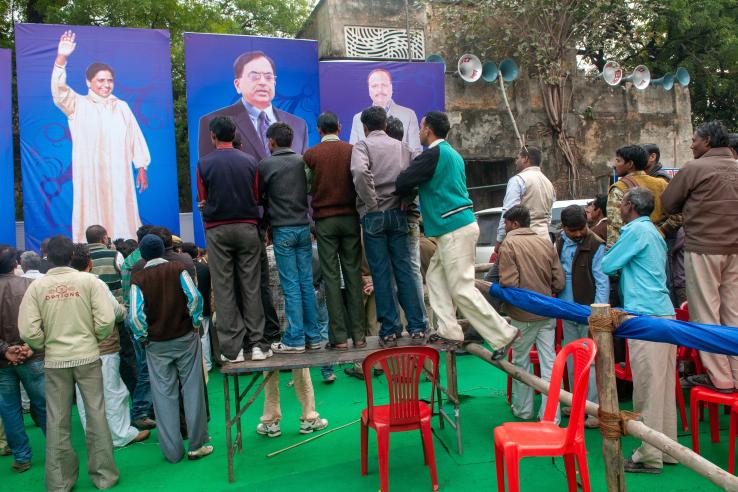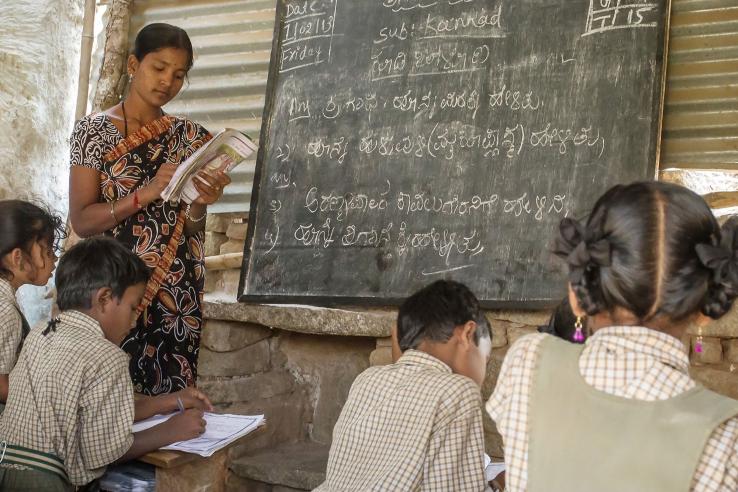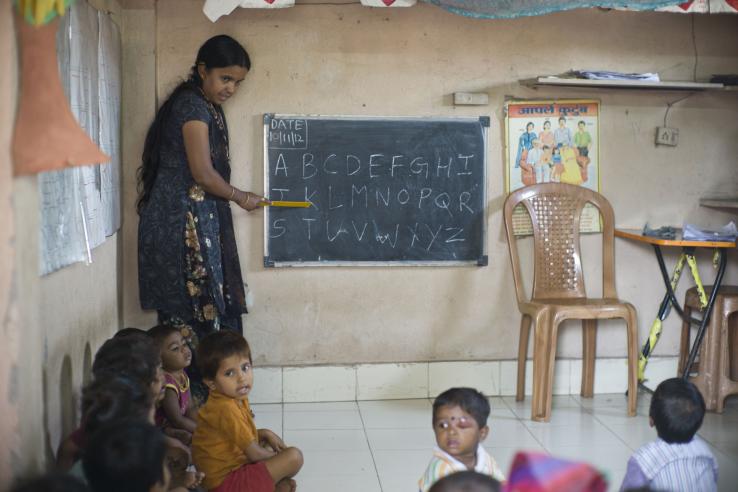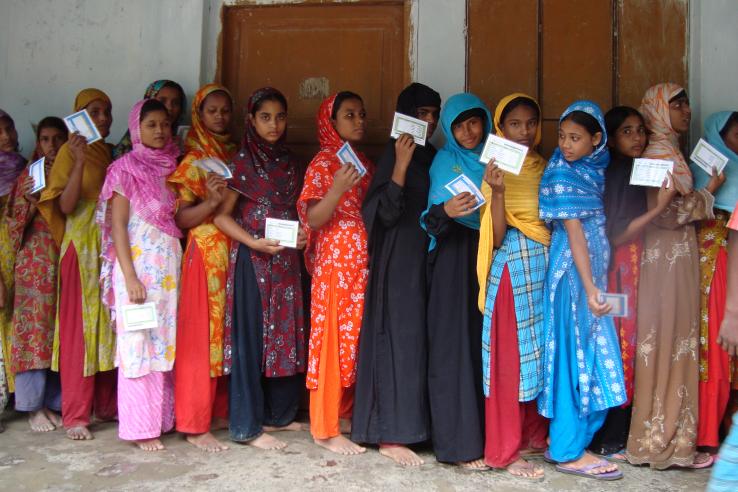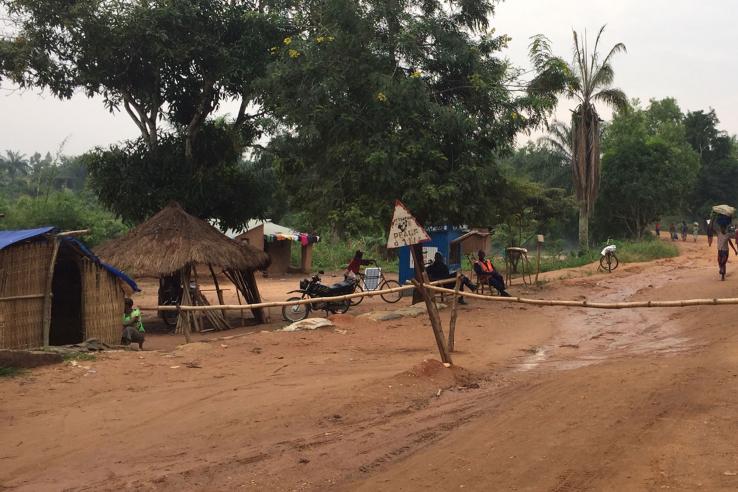Displaying 4696 - 4710 of 8448
Evaluation
Researchers conducted a randomized evaluation of cricket teams in rural India to identify whether team composition could improve intergroup harmony. Collaborative contact between cricket players of different castes reduced prejudice toward members of lower castes and increased cross-caste interaction, while adversarial contact increased prejudice in intergroup interactions.
Evaluation
Researchers evaluated the impact of sharing information via street theater on voters' preferences. The study found that some types of information increased voter turnout, and some voters changed their preferences.
Evaluation
Researchers are using Western Seed Company's expansion into new areas to evaluate the socio-economic effects of the hybrid maize program in Western and Central Kenya.
Evaluation
Researchers evaluated whether offering individuals financial incentives to maintain their HIV-negative status could be an effective HIV prevention strategy in rural Malawi. The conditional cash transfer had no effect on HIV status or on self-reported sexual behavior. The receipt of the cash incentive actually increased the likelihood of risky sex among men but decreased risky sex among women.
Evaluation
By leveraging a unique, long-lasting relationship with an armed organization in eastern Democratic Republic of Congo, the researcher aims to better understand who joins armed organizations and why, as well as the effect of the participation motives on performance inside the group.
Evaluation
Researchers conducted a randomized evaluation in the Indian state of Andhra Pradesh to measure the relative effectiveness of conditional versus unconditional bonuses on improving the quality of schools. Offering conditional incentives to individual teachers was a cost-effective way to improve student test scores across subjects.
Evaluation
Researchers conducted a randomized evaluation to measure the impact of an academic tutoring and career counseling program designed to reduce educational inequalities between native-born and immigrant children. Can tutoring and career counseling help improve the educational outcomes of high-ability immigrant students? Results showed that offering tutoring and career counseling closed the educational gap between native-born and immigrant boys in Italy.
Evaluation
In an ongoing evaluation, researchers are studying the relationship between teacher and student motivation, family participation, and student achievement in rural non-formal education (NFE) centers.
Evaluation
Researchers evaluated the impact of a US$1,000 monthly unconditional cash transfer to individuals with low incomes for three years on health outcomes including nutrition, sleep, health care access and use, and physical and mental health. Those who received the large cash transfer spent more on medical care, visited the emergency department and hospital more often, may have used more dental care, and had large but short-lived improvements in their stress and food security
Evaluation
Child marriage remains prevalent in many countries despite laws prohibiting the practice, leading to negative health and education outcomes for young women and their children. Researchers evaluated the impacts of an incentive program and an adolescent empowerment program on child marriage, teenage childbearing, and level of education in rural Bangladesh. Financial incentives conditional on delayed marriage reduced child marriage and teenage childbearing, and increased girls’ level of education. The empowerment program, on the other hand, did not succeed in delaying marriage.
Evaluation
Researchers are evaluating the impact of an intensive nurse home visiting program for low-income mothers on pregnancy and birth outcomes, child health and development, and future life-courses for the family. The program had no effect on adverse birth outcomes or prenatal outcomes such as health care utilization; the other categories of outcomes are still being evaluated.
Evaluation
Researchers studied the impact of providing outreach and assistance to households that are likely eligible for the Supplemental Nutrition Assistance Program (SNAP), previously known as food stamps, on enrollment in the program.
Evaluation
This study examined the impact of an administrative simplification and a series of behavioral nudges (all via letters sent by mail) on enrollment in subsidized health insurance plans. The administrative simplification, which provided a streamlined path to enrollment, had the largest effect on enrollment, as compared to personalized and generic reminder letters.
Evaluation
Researchers evaluated a mass school-based deworming program in Western Kenya, and found that deworming substantially improved health and school participation of treated children, as well as of untreated children in both treatment schools and neighboring schools. The program reduced school absenteeism by more than one-quarter, and was far cheaper than alternative ways of boosting school participation.
Evaluation
Researchers conducted a randomized evaluation of incentives for motorcycle taxi drivers to pay the legal road tolls in the Democratic Republic of the Congo. Results suggest that financial incentives reduced bribery by seven to ten percentage points.
